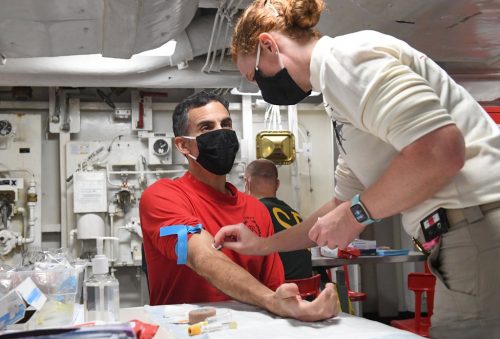Image courtesy of Flickr.
While scientists have tirelessly worked to understand SARS-CoV-2’s mechanism of infection and pathogenesis, much is still unknown. To design an effective treatment or vaccine, researchers must both understand the mechanism by which a pathogen invades a cell, and have a way to measure the effectiveness of immune response. Since directly identifying the extent of the immune response to a vaccine is often difficult, “biomarkers”, or easy-to-measure benchmarks for different biological conditions, could help quantify immune response. To explore possible biomarkers for SARS-CoV-2 immunity, a team of researchers at the University of Melbourne studied the antibodies produced by immune cells of patients who recovered from COVID-19.
Using a technique known as ELISA, the group investigated the antibodies produced by a specific type of immune cell called the cTFH cell, and found that although all recovered patients had antibodies against the viral “spike” glycoprotein, the extent to which the antibodies conferred a neutralizing response against SARS-CoV-2 varied considerably among individuals. Importantly, the researchers found that certain cTFH phenotypes showed better neutralization capabilities than others, opening possibilities to use these phenotypes to benchmark the efficacy of candidate vaccines as they are developed, and to further understand how SARS-CoV-2 infects a cell.

